Approximately 185 million voters from 27 EU member countries exercised their rights and influenced the European elections. Right-wing parties gained support in almost every corner of the continent, but their anticipated growth wasn’t as significant as expected.
Parties have collaborated for many years to create barriers for radical right-wing groups, preventing them from becoming mainstream. These groups still maintain a majority and can continue working together to ensure the smooth functioning of the EU legislative body for the next five years.
Now, attention turns to the “European People’s Party,” which secured a convincing victory and strengthened its leading positions. According to signals from their camp, Ursula von der Leyen will remain loyal to the traditional centrist alliance. European Parliament President Roberta Metsola stated in an interview with Euronews: “Initial forecasts suggest that the constructive, pro-European center will remain.” “The center stands firm,” noted von der Leyen. “However, it is also true that the far-left and right have received support, highlighting the great responsibility of those in the center.”
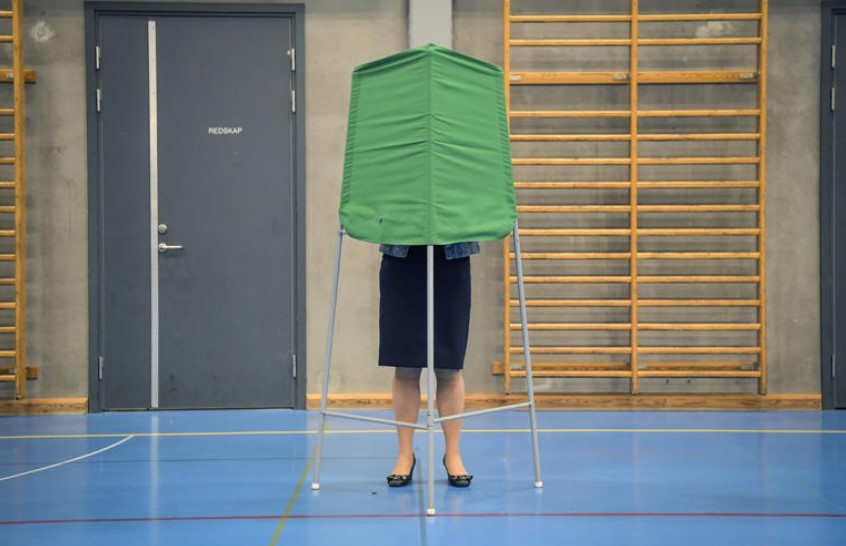
Political analyst Buka Petriashvili spoke to “Fortuna” about the European Parliament elections: “International experts, observers, and politicians indicated that no significant changes were expected, and this is largely what happened: the balance of power was distributed similarly to the previous parliament. The ‘European People’s Party’ improved its position by 13 mandates. The Socialists are in second place, improving their situation by three mandates. The far-right forces showed better results, and the far-left also improved their numbers. Among the right-wing, the political force of Italian Prime Minister Giorgia Meloni, the ‘Brothers of Italy,’ stands out. It can now be emphasized that Meloni’s party will play a significant role in shaping policies, making decisions, and reconciling important issues over the next five years. In France, what was expected happened. Emmanuel Macron was even preparing for this. The far-right won there, seriously defeating Macron’s political force. The President of France immediately announced early parliamentary elections in the country a few hours later. He dissolved the parliament, and the elections will be held in two rounds on June 30 and July 7. Let’s see what Macron will do to prevent Marine Le Pen from taking control of the parliament. In Eastern Germany, the far-right, near-fascist AFD (‘Alternative for Germany’) showed serious results, winning in the eastern part of the country. At the same time, the Christian Democrats succeeded in the west. The Social Democrats’ coalition came in second.”
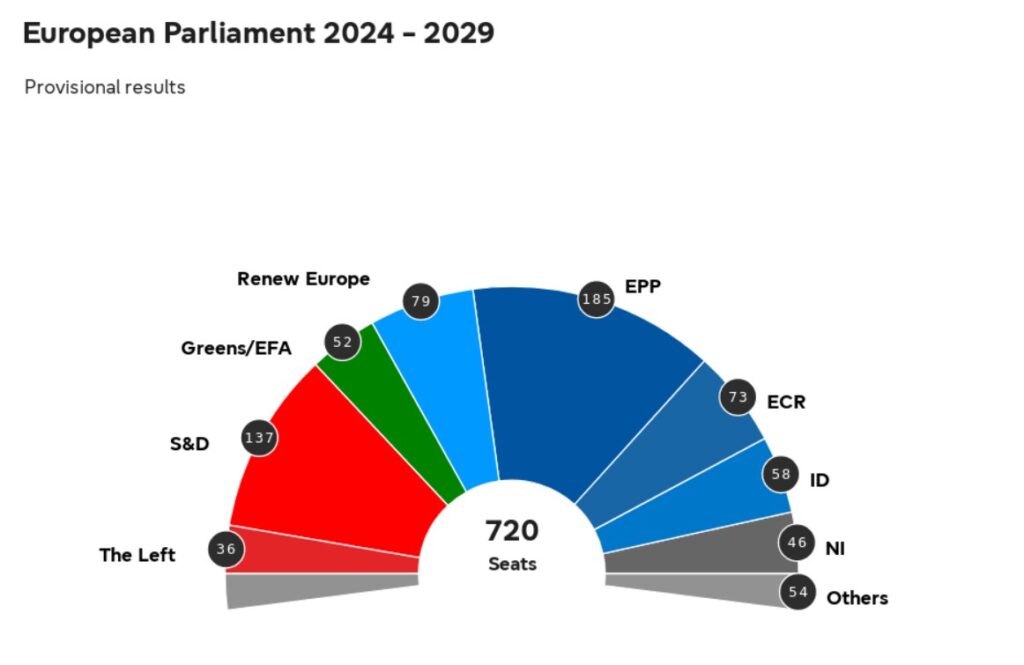
MP Tengiz Sharmanashvili from the “Georgian Dream” party does not expect any significant changes, stating to “Fortuna”: “We should not establish expectations that will not be met. Of course, there won’t be any radical changes in these relationships so quickly, neither with the countries nor with us.”
Georgian Prime Minister Irakli Kobakhidze discussed the European Parliament elections in an interview with the Public Broadcaster’s “First Channel”: “Certain signs of crisis have emerged based on these elections. This is a democratic crisis, but I am confident that Europe will overcome this crisis in the medium term. This is in everyone’s interest. Our primary task, our foreign policy priority, is integration into the EU. Therefore, we are paying special attention to the processes that are taking place in the EU.”
Maka Bochorishvili, Chair of the Committee on European Integration, focused on the factors contributing to the success of the far right: “In many EU member countries, there is noticeable growing distrust from voters towards the ruling political elites, which in some cases has facilitated the success of the far right. The election results also showed that the European population supports conservative values. The liberal political families lost the most seats in the new European Parliament.”
Philosopher Zaza Shatirishvili describes the European election results as “changes and the process of people awakening.” The expert close to the government believes the process is irreversible and will end with the liberation from Europe’s “agentocracy”.
“All Eurosceptics, including the far-left, gather somewhere around 120 mandates. They will not influence decisions and cannot destroy the EU. I did not expect a significant increase in the number of Eurosceptics. It was known that they would grow slightly,” said Kakha Gogolashvili, head of the Rondeli Foundation’s European Studies Center, to Radio Liberty. According to him, these minor changes revealed in the elections are mainly due to the fear of being involved in the war with Russia.
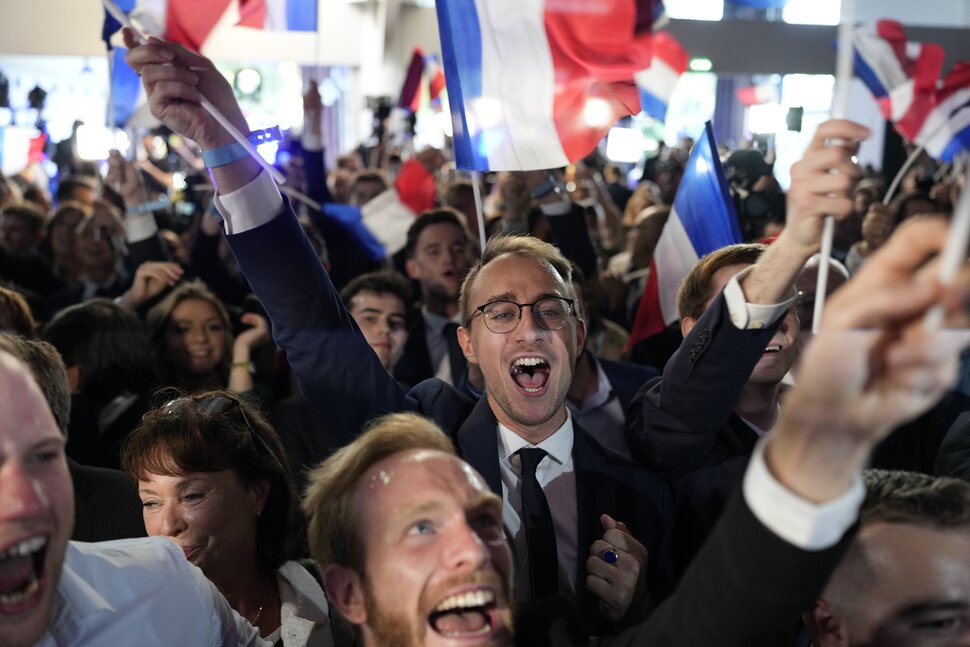
Difficulties in Re-electing von der Leyen
After the “People’s Party” won, their leading candidate Ursula von der Leyen seemed close to re-election as the chair of the European Commission. Still, this task became complicated due to the changed configuration in the European Parliament and Emmanuel Macron’s decision to dissolve the National Assembly and call for snap elections. Some analysts believe that the candidacy of von der Leyen might fail due to Macron’s lost political points and the weakened position of German Chancellor Olaf Scholz. EU leaders are expected to select a candidate for the head of the European Commission on June 28 – a few days before French voters go to the polls. Von der Leyen is unpopular in France, and her support may not positively impact Macron’s ratings.
Many political analysts believe that von der Leyen may seek help from Giorgia Meloni’s party. However, this risks alienating left-wing allies, and the “Greens” may also withhold their support.
The political alignment also depends on how the new parties, which still need to be part of any group, will lean. Many of these new parties are leaning to the right. Marine Le Pen, whose “National Rally” won the elections in France, expressed her desire to create a far-right “supergroup,” which includes the “Brothers of Italy.” When choosing between Le Pen and von der Leyen, Giorgia Meloni will likely act cautiously and not block paths for cooperation.
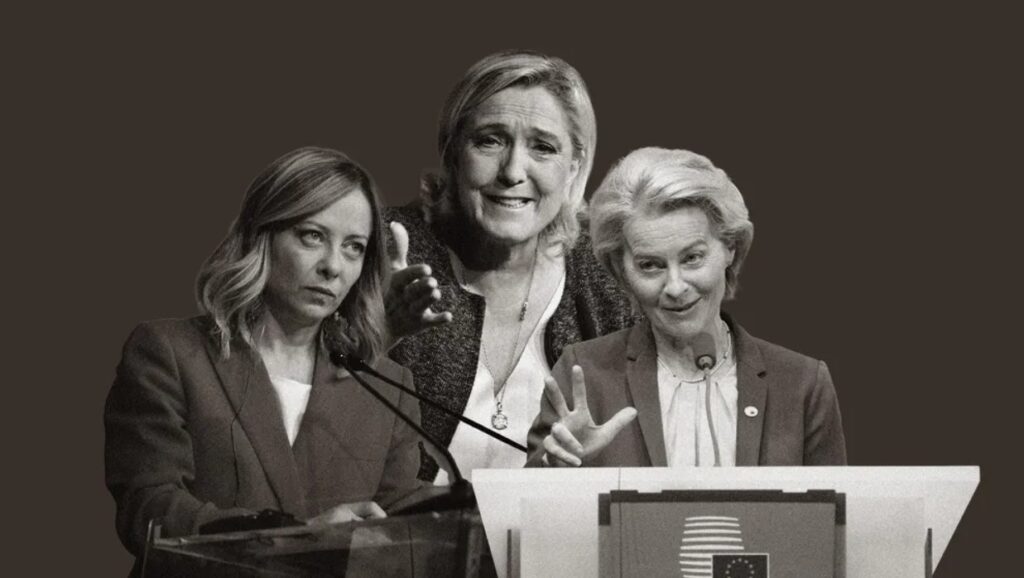
Buka Petriashvili: “After every election, consultations begin on who will be approved for leading positions. These leading positions are – President of the European Commission, President of the European Council, President of the European Parliament, and Vice-President of the European Commission for Foreign Affairs and Defense.
An interesting candidate being considered here is the Prime Minister of Estonia, Kaja Kallas. Sources indicate that there is consensus on this issue. Kallas is known for her principled position towards Russia. Due to this firmness, her candidacy was delayed for the position of NATO Secretary-General. Still, her appointment as High Representative for Foreign Affairs and Security Policy of the European Commission is a good and weighty decision. This is very important for Georgia as well. It is also essential to understand the direction and development of the European Commission in the next five years.
There was much discussion about Ursula von der Leyen, and she participated in the campaign. Naturally, she is the most realistic candidate. There were talks that the President of France might present an alternative candidate. The name of Italy’s former Prime Minister, Mario Draghi, was mentioned. Still, now Macron is so occupied with domestic issues and politically weakened that, to put it in our terms, he is not concerned with participating in decisions about this critical position.
Discussions, agreements, and position exchanges have been ongoing for months, but according to diplomatic sources, maintaining anonymity, EU leaders will meet informally on June 17 and decide on these positions over dinner, while the official approval of the candidates will take place on June 19.
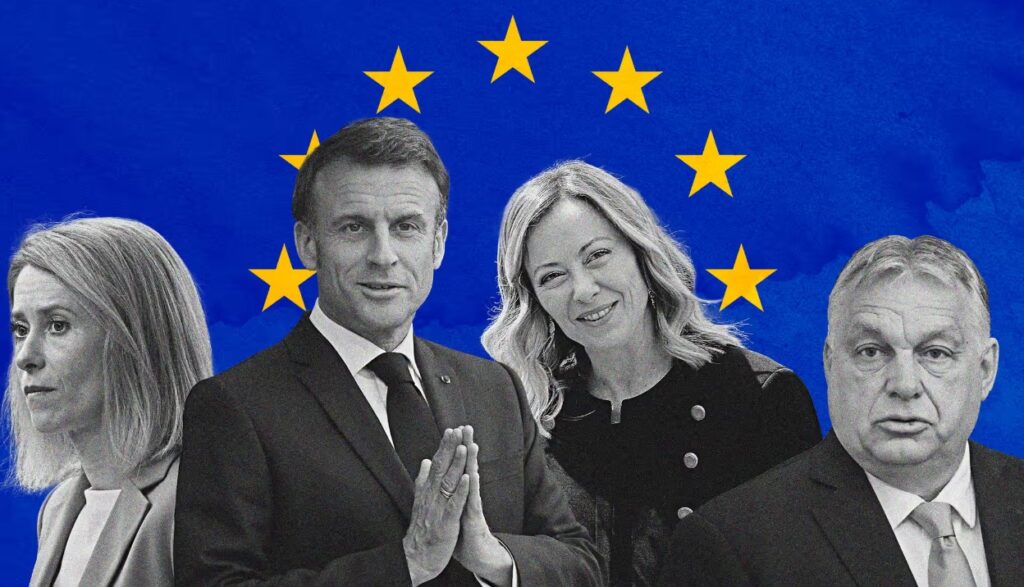
France Destabilizes the EU
Emmanuel Macron’s decision to dissolve the National Assembly shocked Brussels. The EU is entering a period of regrouping. On the one hand, the French President was weakened by his party’s defeat in the Euro elections, and on the other hand, he might start discussions on power-sharing if the far-right wins in the snap elections. European political analysts recall Macron’s recent speech at the Sorbonne, where he ambitiously called for firm and decisive action. Now, he may need more opportunities to guide his European partners. Experts note that difficulties may arise in the EU if Macron becomes absorbed in internal political matters, while Jordan Bardella speaks on behalf of France. The two most significant leaders, Olaf Scholz and Emmanuel Macron, emerged politically weakened from the European Parliament elections. This could provide more maneuvering space for other country leaders, such as Poland, Italy, and Spain.
What Will Happen and How
Buka Petriashvili: “It is now interesting how they will lead and what will be the main tasks for the European Commission and the European Council. Naturally, it is essential for us who will hold the portfolio for expansion. There will be serious discussions and debates on this issue.”
Irakli Kobakhidze: “This is our optimism that, first of all, the EU will manage to de-oligarchize. The United States can also achieve “de-oligarchization”, and it will be possible to defend its national interests more firmly.”

